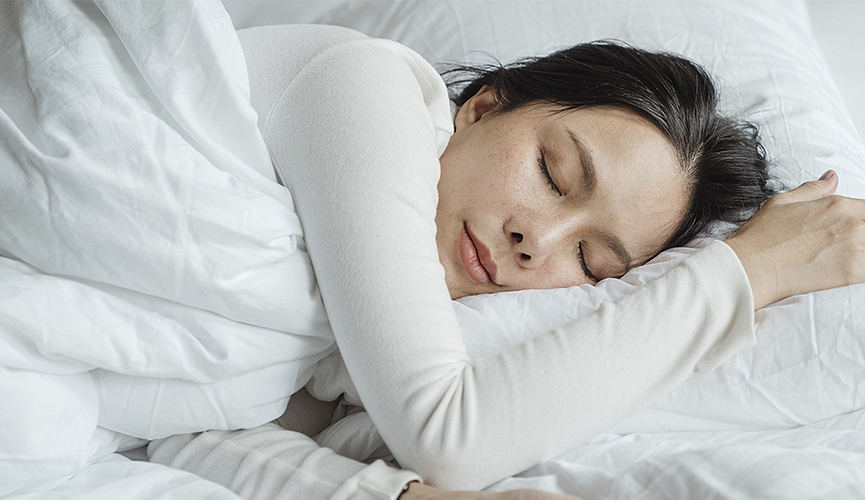
Ways Sleep Deprivation
Can Impact
Your Health
If you’ve ever pulled an all-nighter to study for an exam or to catch up with a friend, you already know that how you’ll feel the next day- cranky, annoyed, lethargic, and unable to focus on anything. But, did you know that missing out on the recommended 7-9 hours of sleep causes more damage to your body than just making you feel groggy and irritable?
In a nutshell, sleep deprivation is caused by lack of sleep or poor sleep quality. Getting less than 7 hours of sleep each day can have adverse effects on your entire body. You may also develop a sleep disorder. This is because your body needs sleep as much as it needs water and air to survive. When you sleep, it restores its chemical balance and heals itself. Your brain works to retain memory and forge new thought connections.
Signs of Sleep Deprivation
• Fatigue during the day
• Excessive yawning
• Grumpiness
• Being sleepy all the time
Wondering how a lack of sleep can affect your body? Here are some of the immediate effects of sleep deprivation:
Memory Issues
When you sleep, your brain forms connections that help you process and remember the things you learned during the day. Sleep deprivation negatively affects short and long-term memory.
Mood Swings
A lack of sleep can make you overly moody, emotional, and short-tempered. A chronic lack of sleep can severely affect your mood and eventually lead to anxiety, depression, and insomnia.
Weak Immunity
Sleep deprivation weakens the immune system's defenses against viruses such as flu, cold, and cough. That is why people with a poor immune system tend to get sick more often as compared to their peers. Their immune system is exposed to germs and is unable to fight them off.
Increased Risk of Diabetes
Did you know that a lack of sleep affects the body's release of insulin? Insulin is a blood sugar-lowering hormone in the body. When people don't get sufficient amounts of sleep, their blood sugar levels start to spike, putting them at risk for type 2 diabetes.
Concentration Levels
When you don’t get enough sleep, your concentration, creativity, and problem-solving skills are affected. You can’t function at your best because your brain and body are too tired.
Accidents and Clumsiness
Being drowsy and overly sleep during the day can lead to poor balance and coordination and an increase in clumsiness. You might knock over more things or trip more as your body’s coordination is affected. Furthermore, you run the risk of falling asleep behind the wheel and getting into a car accident.
High Blood Pressure
Sleeping for less than five hours a day increases your risk of high blood pressure.
Weight Gain
When your body is deprived of sleep, it sends mixed signals to the brain. Hence, you are more likely to overindulge and eat more food, even though you are not hungry.
Risk of Heart Disease
Skipping out on sleep leads to higher blood pressure and higher levels of chemicals that are responsible for inflammation in the body. Both of these play vital roles in heart disease and heart attacks.
Microsleep
Microsleep is when you fall asleep for a few seconds or minutes without realizing it. These episodes are not in your control, and you can't do anything to stop them. They are extremely dangerous if you are operating heavy machinery or are behind the wheel. After all, a few seconds are enough for a lifetime injury.
Remember, stimulants such as caffeine are not enough to override your body’s natural need for sleep. If you have trouble sleeping at night, try switching off all gadgets an hour before bedtime, meditating, and playing some soothing music. If this does not work, please seek professional help.


